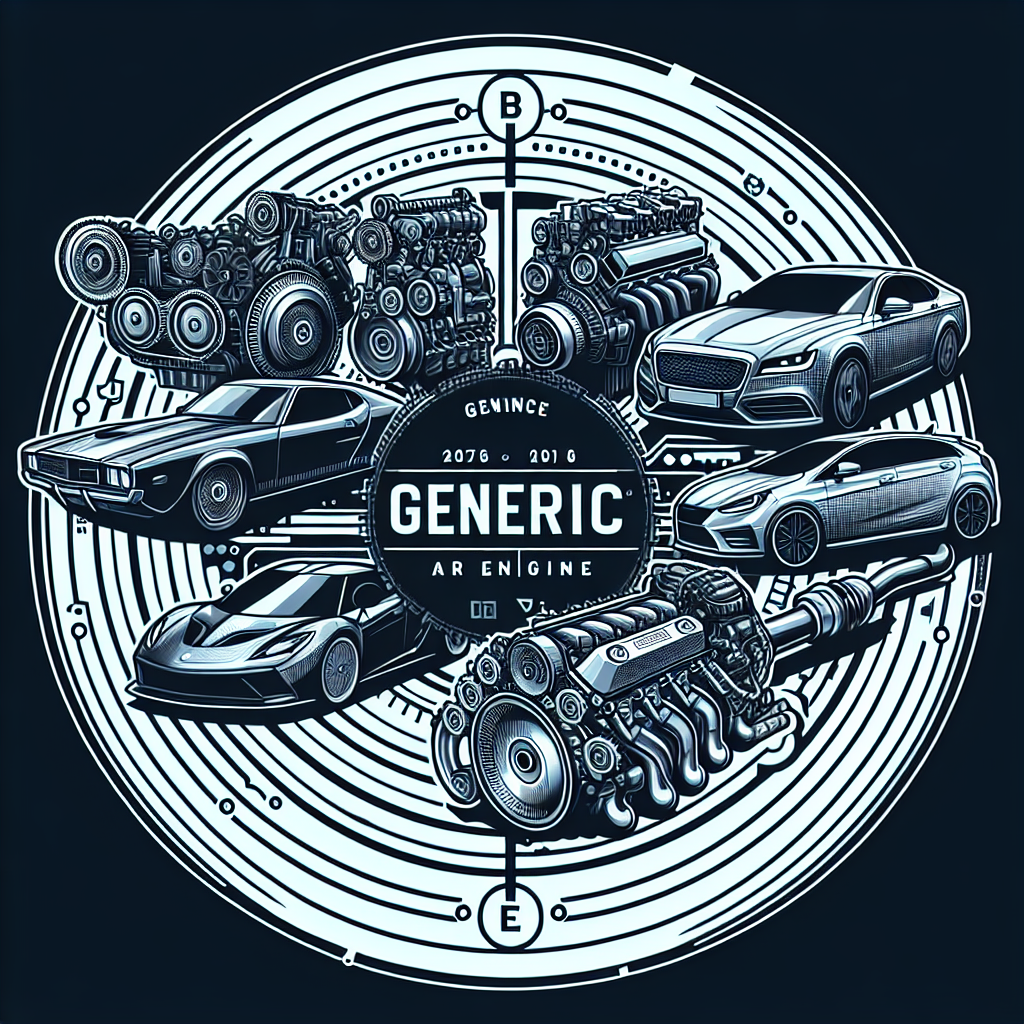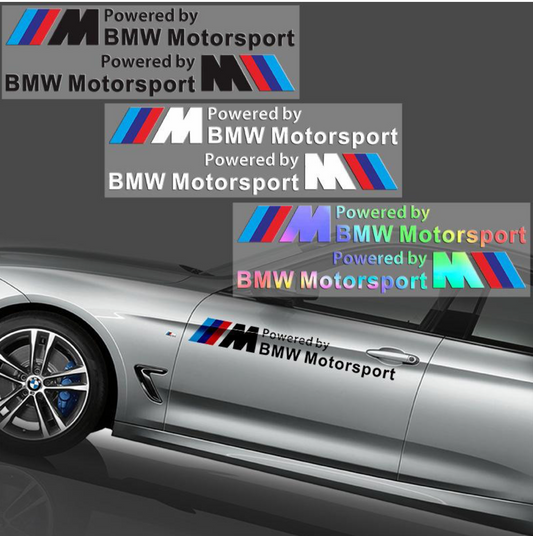
The Evolution of BMW Engines: Innovation and Performance Over Time
The Evolution of BMW Engines: Innovation and Performance Over Time
The BMW brand has been synonymous with performance and luxury since its inception. Over the years, the company has made significant innovations in engine technology, continually setting new standards in the automotive industry. In this article, we will explore the evolution of BMW engines, from their beginnings to the most recent developments.
Beginnings in Engine Engineering
BMW began its journey into the automotive world with the manufacture of aircraft engines in 1916. Although World War I limited this activity, the experience gained was fundamental for the development of its future automobile and motorcycle engines.
The First BMW Car: The Dixi
In 1928, BMW acquired the Eisenach vehicle factory and launched its first car, the BMW Dixi . Equipped with an inline four-cylinder engine, it marked the beginning of an era of automobile production for the brand.
The Age of Sports Engines
During the 1930s and 1940s, BMW focused on developing high-performance engines for sports and racing cars. Inline six-cylinder engines became the standard for BMW sports models.
Thousands of Competition Victories
These engines not only provided impressive performance, but also led BMW to thousands of victories in various competitions, cementing its reputation as a manufacturer of high-performance sports cars.
Post-War Innovations: High-Performance Engines
Following World War II, BMW overcame numerous challenges and emerged with new models and technologies. In the 1950s, the brand introduced the legendary V8 engine, used in iconic models such as the BMW 507 .
The Impact of the V8 Engine
The V8 engine was a key milestone in BMW's history. Its innovative design and superior performance capability helped establish the brand as a key player in the luxury car market.
The Turbo Revolution: 1970s and 1980s
In the 1970s, BMW revolutionised the industry by introducing turbocharging technology into its engines. The BMW 2002 Turbo was one of the first models to incorporate this technology, offering unprecedented power and efficiency.
The Birth of the M3
During this time, BMW also launched the iconic BMW M3 , equipped with high-capacity and high-performance engines, quickly becoming a benchmark model in the world of sports cars.
Modern Innovations: Towards More Efficient Engines
In recent decades, BMW has continued to innovate with more efficient engines and advanced technologies such as direct injection, hybrid and electric motors.
The i Series: A Glimpse into the Future
The BMW i Series represents the company's commitment to a more sustainable future. Models such as the BMW i3 and i8 are testament to this evolution, incorporating electric motors and hybrid technologies for greener mobility.
The evolution of BMW engines is a testament to its commitment to innovation, performance and sustainability. From its early four-cylinder engines to today's advanced hybrid and electric motors, BMW remains a leader in the automotive industry, always at the forefront in terms of efficiency and technology.












